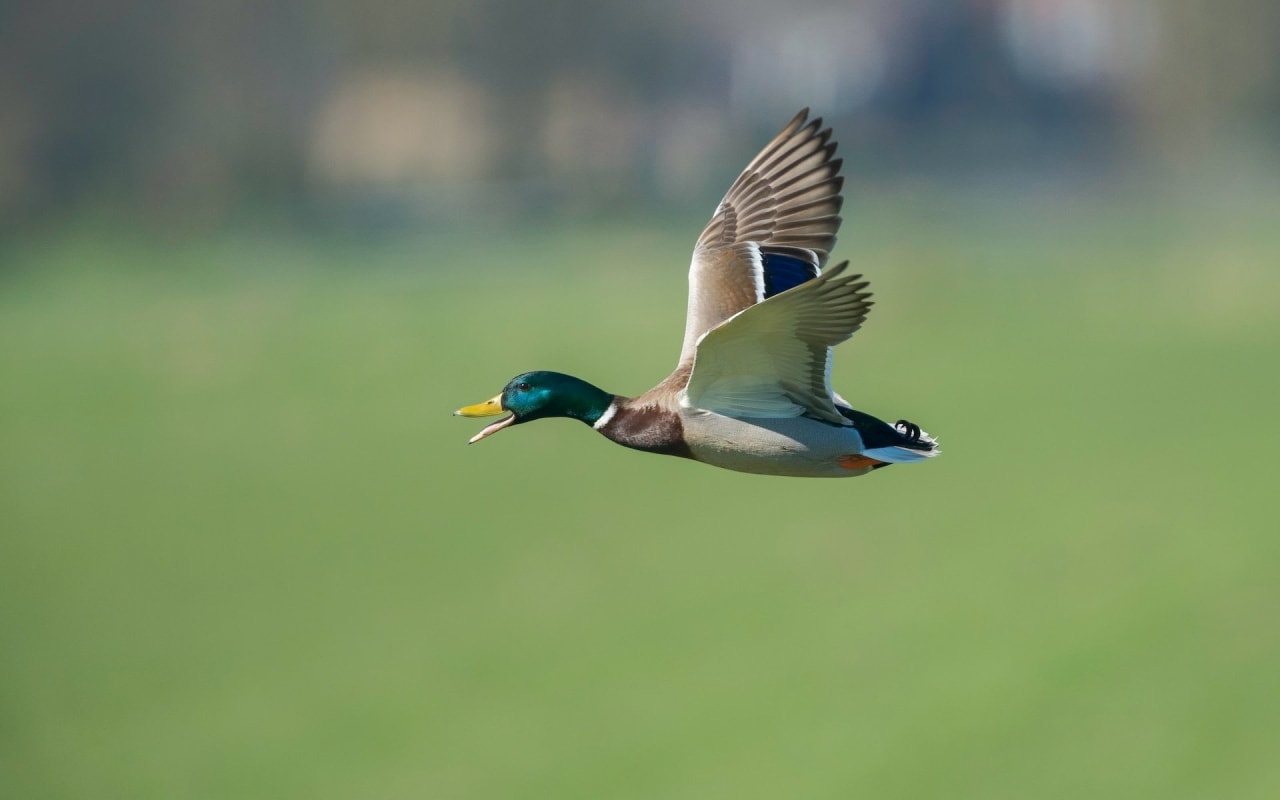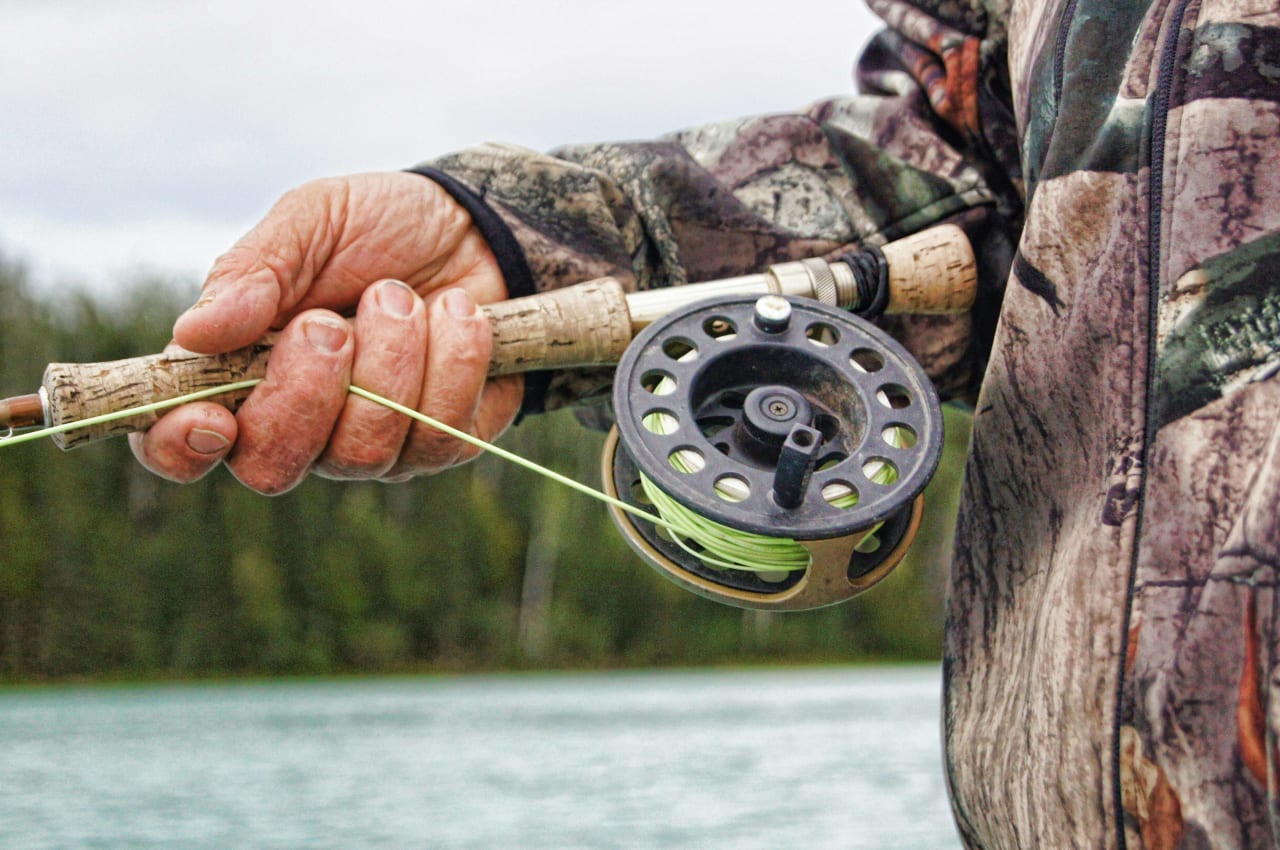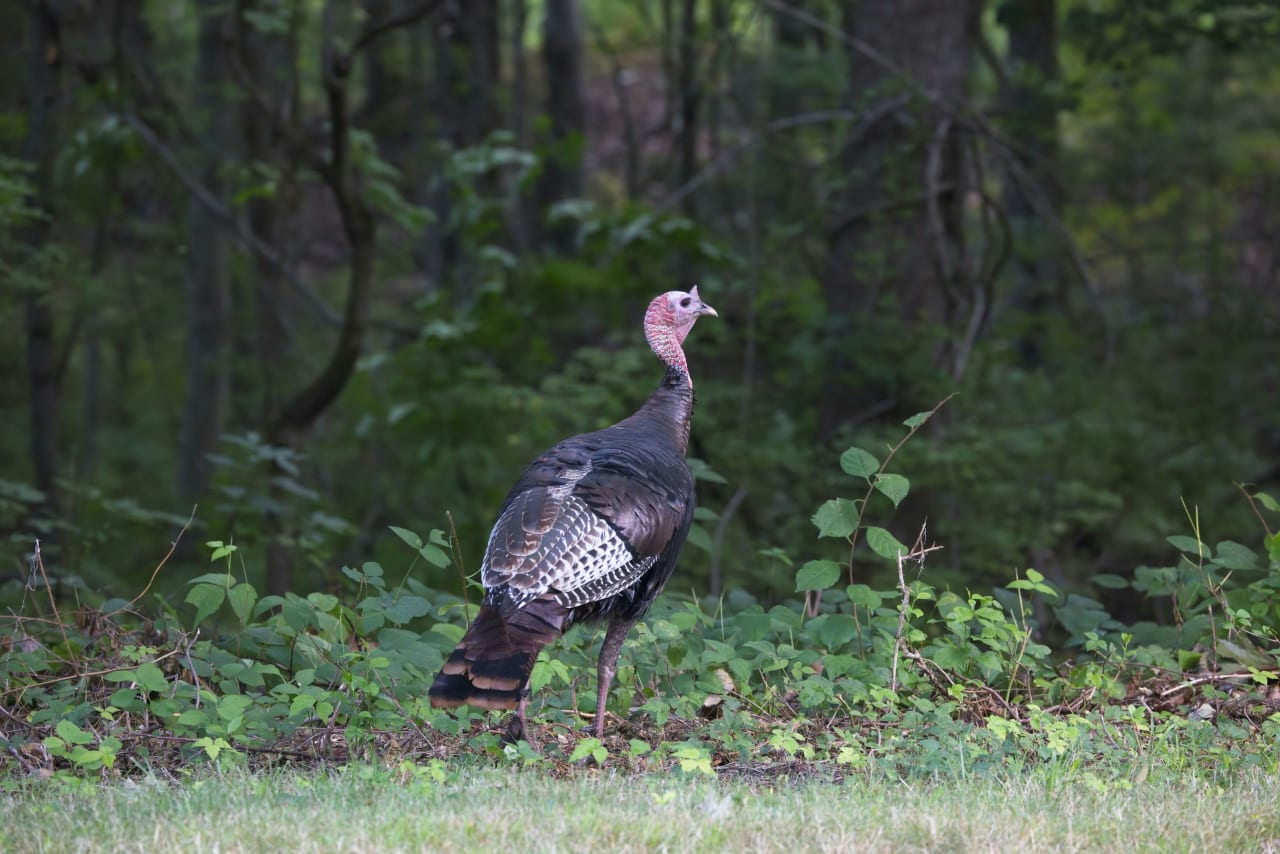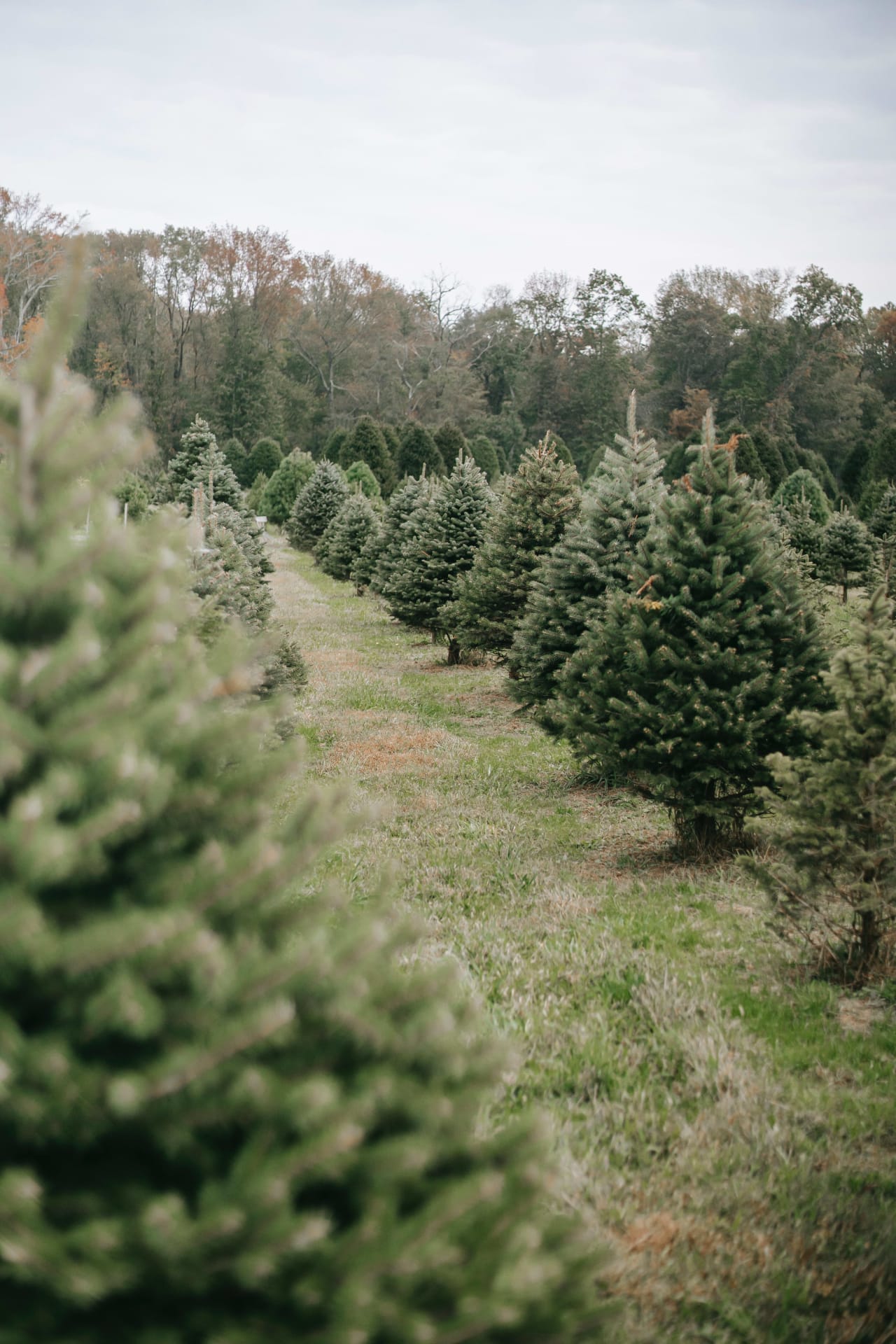Duck Hunting? Keep Abreast of Seasons and New Regulations
Although there has been talk about 2018 being less than a banner year for duck hunters in North Carolina, there is still an opportunity to take advantage of the next few weeks in the 2019 season in order to bag certain limits and enjoy the sport.
Depending on what variety of duck or migratory bird you want in your sights, the season for several varieties of fowl extends until the latter part of January and on into February for some geese, swans, dove, woodcock, and the common snipe. For avid hunters, that translates into an additional opportunity to plan a trip to the areas of the state that comprise flyover zones for specific migratory fowl, including the timberland, farms, and ranching tracts throughout North Central North Carolina.
Seasons and Stamps
Federal law requires that every hunter aged 16 or over must carry a federal duck stamp. Younger hunters may voluntarily purchase the stamp, and are encouraged to do so for conservation purposes. The state stamp, while no longer required, is still available for collectors. Detailed information about the stamps, licensing requirements, seasons, and other regulations is
available from the state of North Carolina.
Sporting Regulations
Our state’s Wildlife Resources Commission, in conjunction with federal regulators, sets the seasons and has jurisdiction over required licenses and limits, including the specific areas and hours of legal hunts. For detailed information regarding the regulations and requirements, visit the online site, and search out detailed information for the type of game bird hunting you have in mind.
Youth Waterfowl Days
The state has also set aside two days — February 2 and 9 — as Youth Waterfowl Days, allowing young people under the age of 18 to hunt legally. In general, the youth must be accompanied by an adult aged at least 18. Typically 16 or 17-year-olds must have a federal duck stamp and a valid state license; specific requirements are detailed here, and accompanying adults also must follow certain guidelines.
Scouting Hunting Grounds
Because migratory fowl traditionally follow the same flyways year after year, avid hunters typically return to the same areas each year. The weather patterns in 2018 may have played a part in altering some of the traditional flyways of migratory wildlife. In addition, flooding and enlarged marshy areas offered larger landing areas for fowl, helping to disperse populations. Locations that have traditionally been prime hunting grounds were perhaps sparsely populated by fowl this past fall.
Even though public land is available for hunters, many prefer to hunt on private tracts. Hunters are now required to obtain written permission from a landowner, dated within the past 12 months, to hunt on private land. A desirable bonus of owning property in this part of the state can be additional income generated by hunting leases during the season.
If you’re interested in learning more about parcels of land available for recreational use in North Central North Carolina, why not contact us for more information? We’ll be happy to assist you in your search for hunting property, forested land, or scenic acreage on which to build a home or vacation retreat.
Source
Migratory Game Bird Seasons
- dnr.sc.gov
- ncdcr.gov
- ncwildlife.org
- ncwildlife.org
- ncwildlife.org
- hunting-license.org
- ncwildlife.org










